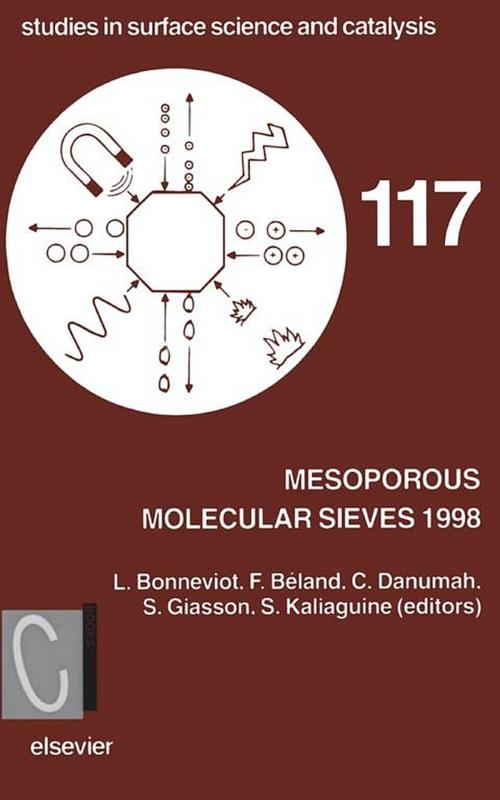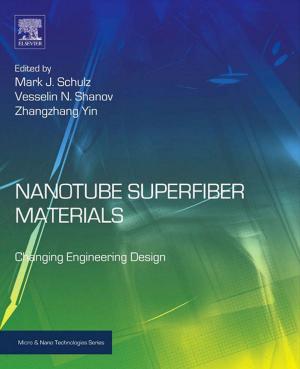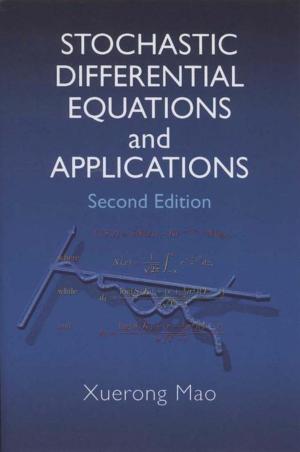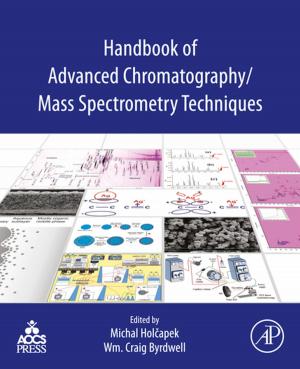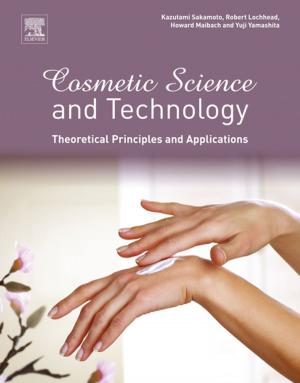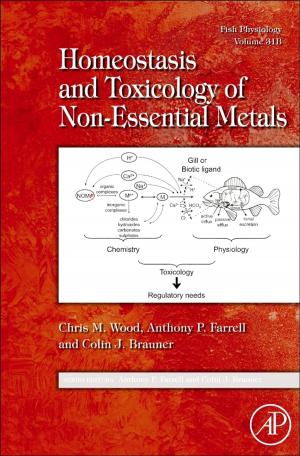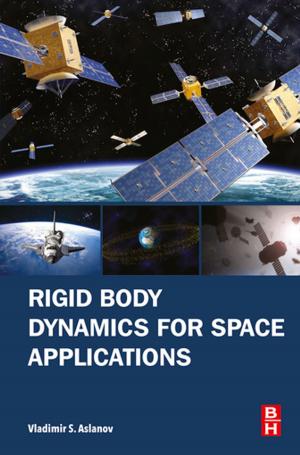Mesoporous Molecular Sieves 1998
Nonfiction, Science & Nature, Science, Chemistry, Physical & Theoretical, Technology, Engineering, Chemical & Biochemical| Author: | ISBN: | 9780080536248 | |
| Publisher: | Elsevier Science | Publication: | July 8, 1998 |
| Imprint: | Elsevier Science | Language: | English |
| Author: | |
| ISBN: | 9780080536248 |
| Publisher: | Elsevier Science |
| Publication: | July 8, 1998 |
| Imprint: | Elsevier Science |
| Language: | English |
The original properties of mesoporous molecular sieves are so unique that the design of most existing catalysts could be reconsidered. It might indeed be of interest to introduce MMS either as a support or as the active phase, merely on the basis of their high surface areas, narrow pore size distribution and flexibility in composition. The recent literature provides examples of MMS based catalysts of many types such as acid-base solids, supported metals and supported oxides, mixed oxides, anchored complexes and clusters, grafted organic functional groups and others. Examples of all these developments are documented in the present proceedings including some spectacular new proposals. The new metallic (Pt) mesophases are specially worth mentioning because they represent a new approach to producing non-supported highly dispersed metals.
In these proceedings the reader will find feature articles and regular papers from many worldwide groups, covering all aspects of synthesis, physical characterization and catalytic reactivity of MMS and their chemically modified forms. It is actually remarkable that this recent development brought together an even broader spectrum of scientists from traditionally unrelated fields such as those of liquid crystals, surfactants, sol-gels, amorphous oxides and mixed oxides, solid state, adsorbents and heterogeneous catalysts. Obviously, this is a fast-growing research area which triggers the imagination and creativity at the cross-road between material design, molecular surface tailoring and catalytic applications.
The original properties of mesoporous molecular sieves are so unique that the design of most existing catalysts could be reconsidered. It might indeed be of interest to introduce MMS either as a support or as the active phase, merely on the basis of their high surface areas, narrow pore size distribution and flexibility in composition. The recent literature provides examples of MMS based catalysts of many types such as acid-base solids, supported metals and supported oxides, mixed oxides, anchored complexes and clusters, grafted organic functional groups and others. Examples of all these developments are documented in the present proceedings including some spectacular new proposals. The new metallic (Pt) mesophases are specially worth mentioning because they represent a new approach to producing non-supported highly dispersed metals.
In these proceedings the reader will find feature articles and regular papers from many worldwide groups, covering all aspects of synthesis, physical characterization and catalytic reactivity of MMS and their chemically modified forms. It is actually remarkable that this recent development brought together an even broader spectrum of scientists from traditionally unrelated fields such as those of liquid crystals, surfactants, sol-gels, amorphous oxides and mixed oxides, solid state, adsorbents and heterogeneous catalysts. Obviously, this is a fast-growing research area which triggers the imagination and creativity at the cross-road between material design, molecular surface tailoring and catalytic applications.
